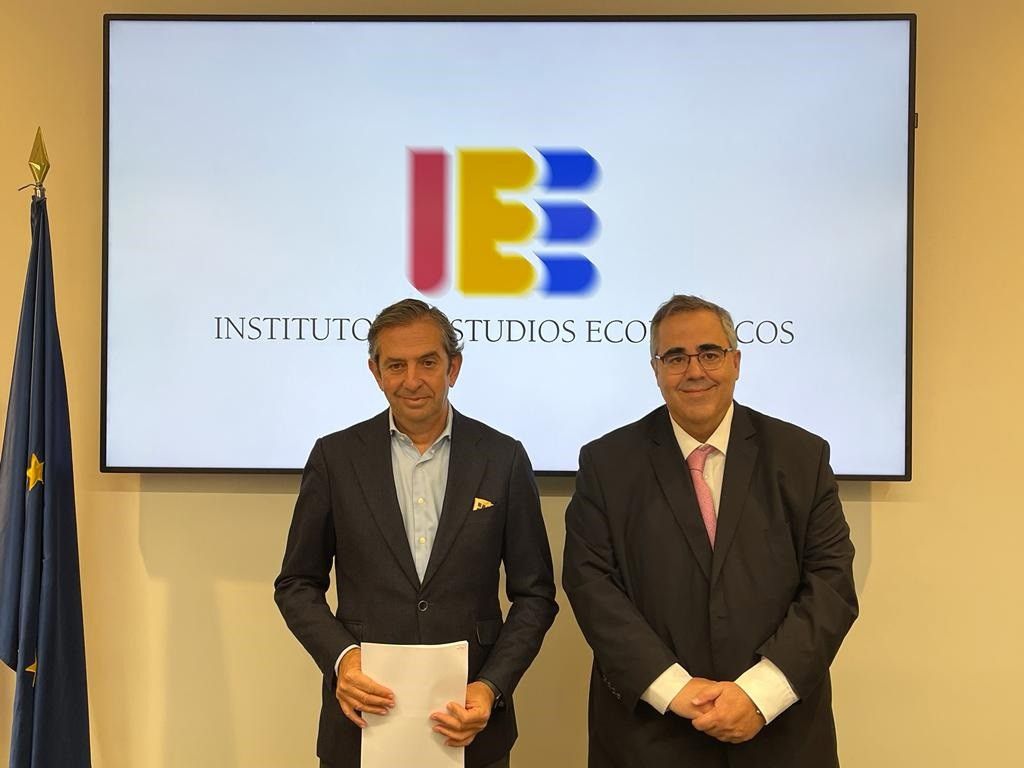The Financial Competitiveness Index places Spain fifth from the bottom of the Organization for Economic Co-operation and Development

The tax increases promoted by the coalition government in recent years have moved Spain to 34th out of 38 countries in the Organization for Economic Co-operation and Development, which analyzes the so-called Financial Competitiveness Index (ICF) created for years in the United States Tax Foundation.
The index compiled by this institution rewards lower levels of taxation and tax structures that, in their view, favor economic activity and penalize countries with higher taxes. the Institute of Economic Studies (IEE) – an organization linked to the Association of CEOE Employers, which cooperates with the Tax Foundation – presented this Tuesday the results of the Tax Competitiveness Index (ICF) corresponding to 2022, which moves from the 23rd place it occupied in 2019 to the 34th place, ahead of Ireland, Portugal, Italy and France.
between Estonia and France
“Spain is already one of the five countries with the worst financial competitiveness with a strong decline in the current legislature, with nine positions down since 2019,” the IEE president summed up, Inigo Fernandez de Mesa. According to this think tank, “no country has suffered a loss in financial competitiveness as severe as Spain during the 2020-2022 triennium”. The reason for this is that “Spain faced the current situation of supply crisis with tax increases, while other countries cut them, which exacerbated Spain’s competitive position,” summed up IEE Director General Gregorio Izquierdo. According to the IEE, “Spain’s position will continue to deteriorate as tax increases and the creation of new tax figures planned by the current government for 2023 continue.”
icf places Estonia It has the best designed tax system in the OECD in 2022. In corporate tax, for example, this Baltic country makes dividend distribution only taxable at 20%, leaving those dividends that are not distributed and are reinvested. On the other hand, your IRPF consists, simply put, of a “flat rate”, also at 20%, and the IBI tax only taxes the value of the land. Also at the top of the tax institution’s ICF table are the tax regimes for Latvia, New Zealand, Switzerland, Czech Republic, Luxembourg, Hungary, Lithuania, Turkey and Israel. Germany ranks 15th; The United States ranked 22nd and the United Kingdom 26th out of a total of 38 countries analyzed.
tax pressure
In addition to submitting Financial Competitiveness Index The Tax Foundation prepared, and the IEE also presented its estimate of tax pressure in Spain on Tuesday. According to the CEOE Associated Study Center, the tax pressure It has already exceeded 42% of GDP in 2022 and, therefore, is above the EU average of 41.7% in 2021 (the last year for which data is available). It will take months for official data for 2022 to be published.
Related news
IEE builds its own capabilities”Regulatory tax stress indexWhich gives Spain a score of 116.4 points, 16.4% higher than the EU average and significantly higher than the 110 points for the Spanish system in 2019. The IEE points out Corporate taxes And on inheritance as the two tax figures in which Spain exerts the greatest regulatory tax pressure.
So, in Wealth tax Spain’s position is 40.8% worse than the European Union, and 38% less competitive than the OECD average. In fact, Spain imposes the most burdensome wealth tax in the OECD, and only delayed Italy. The study does not yet take into account the introduction in 2023 of New tax on real estate of 3 mln in euros. “With this measure, we will definitely be in the last country on the tail,” predicts Fernandez de Mesa. For the Independent External Assessment, “reversing the tax increases implemented in the middle of the pandemic and fixing all those aspects that reduce the efficiency of our tax system” is “urgent.”

“Future teen idol. Hardcore twitter trailblazer. Infuriatingly humble travel evangelist.”










